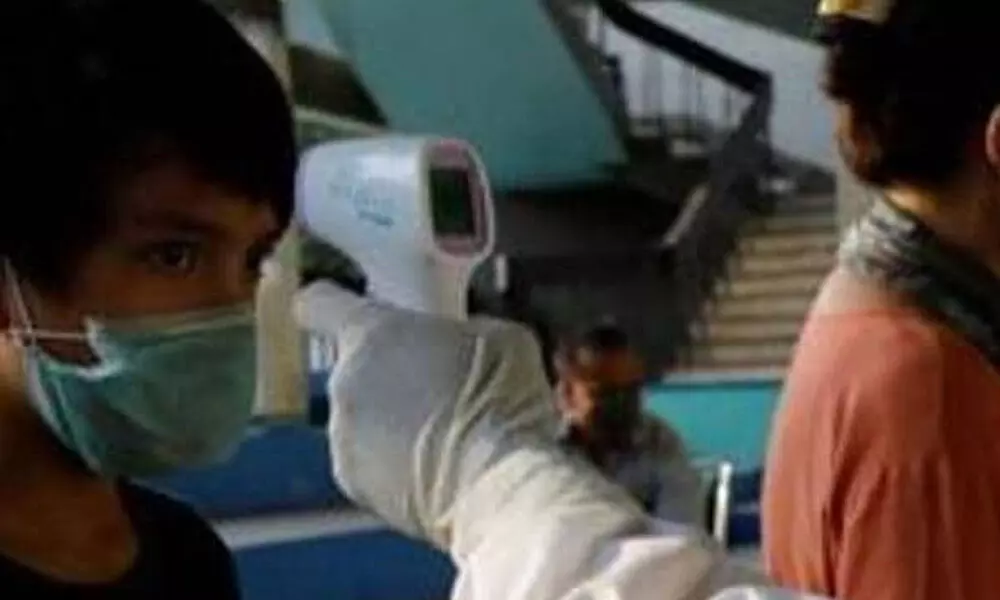Don't worry if antibodies reduce, city-based doctors say

Don’t worry if antibodies reduce, city-based doctors say
A recent study published in The Lancet journal has found that the antibody levels become weak six weeks after immunisation with Pfizer and AstraZeneca.
Bengaluru: A recent study published in The Lancet journal has found that the antibody levels become weak six weeks after immunisation with Pfizer and AstraZeneca. The antibody levels, according to the study, may be reduced by more than 50 per cent over 10 weeks or 2-3 months.
Dr. Jagadish Hiremath, Medical Director at Ace Suhas Hospital explained, "It is a common knowledge in medical sciences that antibodies have a finite life and will reduce over time. It is not going to remain in the patient's body throughout his lifetime. It has a shelf life of either three months, six months or one year." "The immunity contains a type of white blood cells called T cells. A subgroup of T cells known as memory cells retain the memory of all the antigens presented to it. These T cells retain the memory of the antigen in the vaccine. Once the virus attacks these memory cells reform the antibodies quickly. So it's not a thing to worry about if the antibodies reduce," he continued. Hiremath stated that it is only when the memory cells are not activated by the vaccine that it becomes a matter of worry. "The question needed to be asked is whether more cells are activated when the vaccine is given. Is the antigen ingrained in the memory of our immunity so that antibodies are formed when the virus presents itself. Answers are very clear for these questions. Memory cells are active. And it is known to produce antibodies," he added.
The doctor stated that comorbidity and antibody lifespan will not matter. "Lifespan of antibodies remains the same regardless of whether a person has comorbidity or not. It's not a bad idea to have a booster third dose vaccine. But it is not mandatory. Those who are prone to be exposed to disease could be given," he said. Dr Ranjit Mohan, Consultant - Internal Medicine, Infectious Diseases, Manipal Hospitals commented, "The level of immunity against the virus does not depend solely on the levels of pre-existing antibodies already in circulation in the body.
The establishment of immune memory following vaccination enables the body to rapidly induce the synthesis of antiviral antibodies upon an actual encounter with the virus. Moreover, as a part of the response, T cells which directly attack the virus are also generated. T cells play a pivotal role in immunity against the virus."














